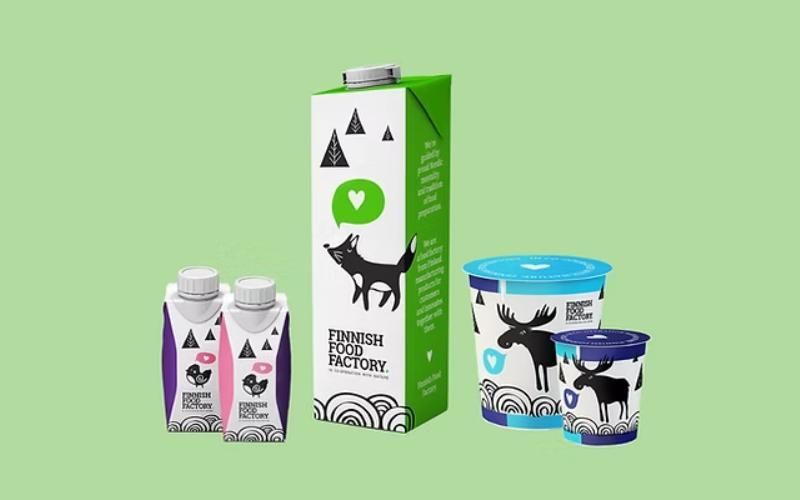Beneo reveals long-term success factors in the competitive alternative meat market

“We are introducing two new products – lean beef cuts and ground beef – using the technology we introduced last year using mycoprotein and pea protein. These are promising clean label and formulation products that complement our portfolio of meat and fish substitutes,” said Nils Hauer.
Beef, a widely consumed meat around the world, is witnessing the emergence of numerous substitutes. In Europe, for example, demand for beef imitation products is high, with 76% of meat substitute consumers considering beef an attractive category of meat substitutes , the company reports.
The beef substitutes are sold frozen and colored to give them an "authentic beef-like appearance."
Following its acquisition of Dutch company Meatless last year, the company has been providing textured plant-based ingredients derived from a wide range of raw materials such as rice, beans, wheat, peas and quinoa.
Taste and environmental friendliness
Beneo Beef Alternative meets consumer demand for delicious alternative beef products while providing easy-to-process convenience foods with a simple, short ingredient list.
Meat analogues have high heat stability and high water-holding capacity, which helps maintain juiciness and juiciness even when baked or fried.
What's more, their bold, juicy flavor helps reduce the fat content of final products, which is ideal for growing consumer preferences for healthier options, the company notes.
Meatless beef cuts are ideal for stir-fries and stews, while meatless ground beef can be used in lasagna, marinades and sauces.
The company uses low-energy processing technology, meaning plant-based beef alternatives not only taste good, but also provide environmental benefits .
Producing for the future
Hauer also shares his stance on the economic impact of the foodservice industry's NPD efforts.
“In a world with a growing population, efficient food production is necessary not only to ensure food security and environmental protection; it is also an economic imperative. We are excited to be at the forefront of new plant-based developments.”
“Due to strong consumer interest, we have decided to expand our range of cost-effective plant-based solutions to also include beef alternatives that can be easily integrated into existing production processes.”
He goes on to note that the alternatives market is primarily focused on replacing chicken or processed foods such as burgers and meatballs. Beneo alternative beef therefore offers producers more choice.
Nutrition matters
Thomas Schmidt, chief marketing officer at BENEO, notes that Beneo offers a range of versatile functional fibers such as inulin and oligofructose, as well as organic options for interested consumers.
“We recently received scientific news from the University of Reading, UK, which confirmed that these fibers can work and provide prebiotic benefits in any food matrix.”
He also highlights the benefits of fiber in sugar and fat reduction concepts.
“Palatinose, a specialty sugar we also sell, has low glycemic properties and provides a longer release of glucose into the bloodstream, helping consumers benefit from this energy source for much longer.” Palatinose, which the company introduced at the event last year, also has applications in the beverage industry.
Another Beneo innovation, barley flour fortified with beta-glucans, is touted as helping to improve heart health and lower blood cholesterol levels.
“Flour strives to make heart health accessible and has applications in the baking industry,” he muses, adding that its products “satisfy” various current trends such as clean label and plant-based products because they all come from nature.
Stay in the game
Over the past five to 10 years, various plant-based businesses have gone out of business, Hauer notes.
He explains why this might be the case: “You need to offer consumers more than just a brand. If you buy something as a consumer and you don't like it, you won't wait for version 2.0. That’s why I firmly believe that by focusing on texturing and adding value, we are bringing exactly what the industry needs .”
“The remaining players need to be diligent and focus on the issues to ensure consumers are willing to buy alternative protein products again and again,” he concludes.
Photo: foodingredientsfirst.com













